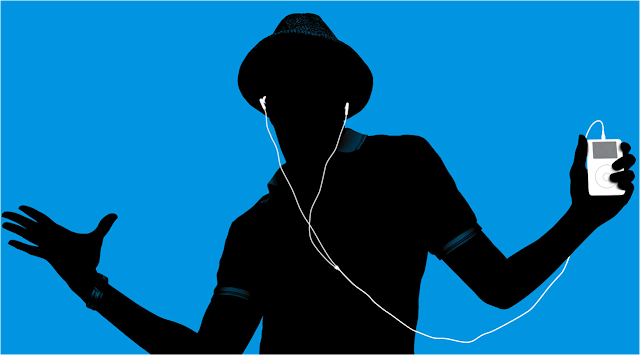Apple's Ads
New technology plays a huge part in the lives of most Britons. We are all told to buy new amazing products that will change our lives- just like similar products released only weeks before- and make them even easier.
Apple is one of the largest companies in the technology industry. They release new products every six months and each is always jumped upon by technology enthusiasts. Unfortunately, this is not because Apple’s technology is notably more advanced than its competitors; it is because they have developed an incredibly strong brand through advertising that which makes the consumer expect and assume the best from them.
Apple’s latest product is the iPad 2 which sold 300,000 units within the first two days of release. The iPad 2 is a revised and improved version of the original iPad- released in mid-2010- which was also a sell-out product from Apple. These huge sales figures prove Apples great support, but my question is; why did these products sell in such vast numbers compared to similar or better devices from other companies?
Apple has used extremely clever marketing to make their products appear better than all others which has allowed them to charge customers a great deal more than would be by any other company. Apple’s brand is focused on emotion and bringing life to their products. In Apple’s advertisements, their products are often shown in daily situations which allow potential buyers to imagine the product in their life. This then creates an even greater desire to have the product.
Apple, of course, uses language in their advertisements to persuade the reader or viewer to purchase the presented product. An example of this is in the current television advertisement for the iPhone 4. The names of Apple’s products are used in a way that may convince the viewer that they are more superior than is actually true. The wording involving Apple iBooks is cleverly crafted in this advert to give the impression that no other mobile devices allow the user to have their books, in a digital format, in their pocket. The advert states; “If you don’t have an iPhone, you don’t have iBooks, so you don’t have your favourite books in your pocket.” The viewer then makes the leap to ‘only iPhones allow the user to have their favourite books in their pocket’. This is just one way in which Apple manipulates their viewers and persuades them to become customers.
Since the success of the original iPods and Apple computers, Apple has always relied on past products as a base for new ones. Between January and May 2004, apple sold five million iPods: between January and May 2006 this had increased so rapidly that over one hundred and fifty million iPods were sold in the same period of time. This shows that Apple uses its previous successes to increase sales of new products.
As I previous mentioned, emotion is used a great deal by Apple when advertising. The original iPod advert- the famous advert which included dancing silhouettes with iPods on colourful backgrounds- clearly shows this. The colours used in the advert show emotion and are applied to different dancers which, I believe, is intended to make the viewer empathise with at least one character to the point that they feel the need to have an iPod also. Many similar adverts have been created by Apple over the years- each accompanied by a popular song of its time. This too shows that Apple uses previous successes in its marketing.
Even now you may believe what I am saying is nonsense and Apple’s products are the best. I would encourage you to research the specifications of Apple’s products and some of their marketing strategies as I did to come to my conclusion.
As you can probably tell, I have a rather strong opinion of the public’s view of Apple and its products. I wish people would be more intelligent and research the products before dipping into their pockets. There are many other upcoming mobile devices new to the market- most are as good as, and cheaper than, Apple’s. The Android operating system, developed by Google, is becoming more and more popular. Other operating systems and phones developed by Nokia and Microsoft are also growing in popularity. I hope this will continue and eventually create a fairer market in which customers really do get the best product for their money. Apple have been criticised by many experts in the technology industry for having such little choice of devices. Their devices are also locked and ‘closed-source’ meaning it is hard for their software to be used to its full potential. Even though I believe there is next to no chance that Apple will change its ways, I believe that, as consumers- the people on whom Apple rely most- we can improve the industry. I urge you to buy with your head; not with your Apple-loving heart.

Comments
Post a Comment